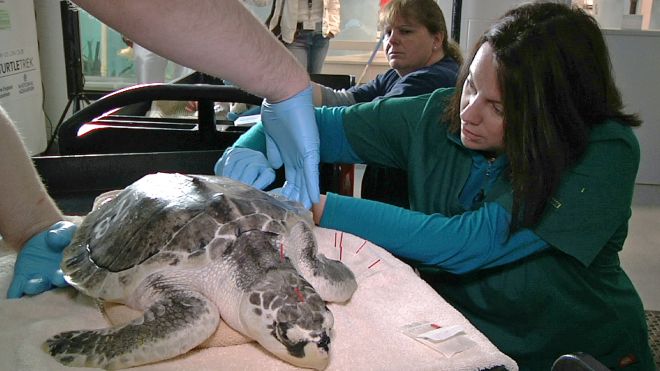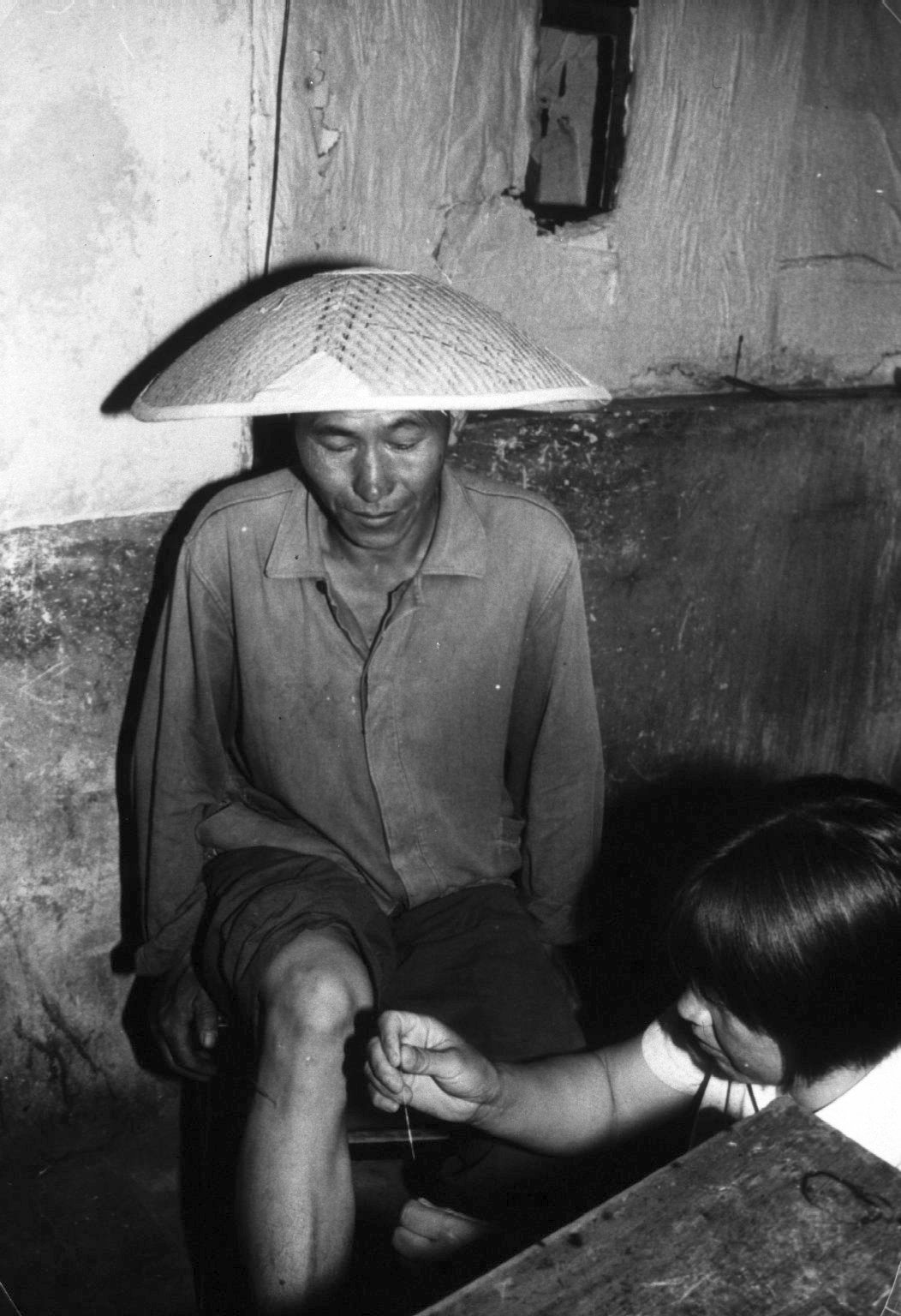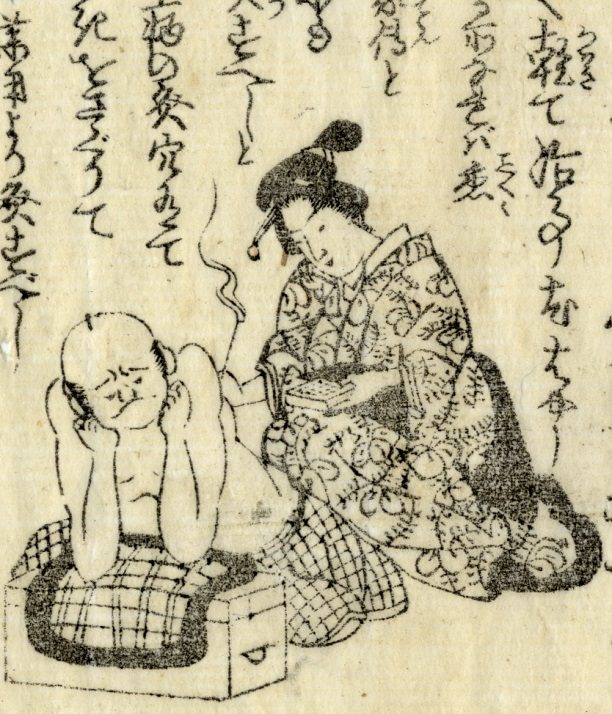Tag: traditional Chinese medicine

Mel asks and I do my best to answer. On acupuncture.
I read a lot of the pseudo-medical websites. The writing is at best pedestrian, often turgid, and, at its worst, incoherent. It is rarely either engaging or clever. Wit, the clever bon mot, the amusing turn of phrase or retort, is rare at best. So rare I cannot think of an example. It is ironic that those who engage in fantastical treatments...

Acupuncture Odds and Ends
I’m cheating. No, I’m recycling. ‘Tis the season to have to no time to get anything done. Since I know none of you pay attention to the blog of at the Society for Science-Based Medicine and I have no time with work and the holidays to come up with new material, I am going to collect and expand on the entries on...
Study of “Acupressure” for Constipation
A recent study in the Journal of General Internal Medicine evaluated a treatment for constipation. It tested whether training patients to massage the perineum (the area between the vagina or scrotum and the anus) would improve their reported bowel function and quality of life at 4 weeks after training. They found that it did. It’s a simple, innocuous treatment that may be...

Selling “integrative oncology” as a monograph in JNCI
The Society of Integrative Oncology publishes its "evidence-based" guidelines for the supportive care of breast cancer patients, along with a whole lot of musings on integrating quackery with medicine. But are the guidelines science-based? I think you know the answer to that one.

Retconning the story of traditional Chinese medicine
Proponents of "integrating" traditional Chinese medicine (TCM) into medicine paint a tale of an ancient, unified system of medicine that's been tested over at least two millennia and found to be effective. The real story is very different and is best explained with a term more commonly used to discuss comic books. Basically, the "integration" of TCM into "Western medicine" is nothing...

The Reality of Ancient Wisdom: Acupuncture and TCM Weren’t So Great
A mythology has grown up around traditional Chinese medicine (TCM). The ancient wisdom of the inscrutable Orient supposedly helped patients in ways that modern science-based medicine fails to understand or appreciate. A typical claim found on the Internet: “The ancient beliefs and practice of traditional Chinese medicine have been healing people for thousands of years.” As Steven Novella has said, “TCM is...
Legislative Alchemy 2014 (so far)
Legislative Alchemy is the process by which credulous state legislators turn practitioners of pseudoscience into state-licensed health care professionals. In addition to unleashing quackery such as homeopathy, colonic irrigation, moxibustion, reiki, cranial sacral therapy and the detection and correction of subluxations on the public, these practice acts typically give chiropractors, naturopaths and acupuncturists the freedom of being governed by their own regulatory...

How “they” view “us”
We skeptics like to view ourselves as the heroes, as the ones beating back the tide of pseudoscience and protecting the gullible from quacks. Unfortunately, the very victims whom we seek to save don't see it that way. To them, we are the villains, and they hate us. To all too many of them, almost any means are justifiable to combat us....
Herbal Center at Cleveland Clinic
The infiltration of pseudoscience and simply bad medicine into mainstream medicine continues. Hospitals are an easy breech point because they are run by administrators who may have more talent and interest in marketing than in science. Many hospitals in my area, for example, proudly display their “integrative” centers, offering nutrition advice and massage alongside more dubious offerings, such as reflexology and reiki....

Moxibustion
Moxibustion is the burning of mugwort close to, or sometimes into, the skin. Does it work? No. Why do people use it? Because it's old.

